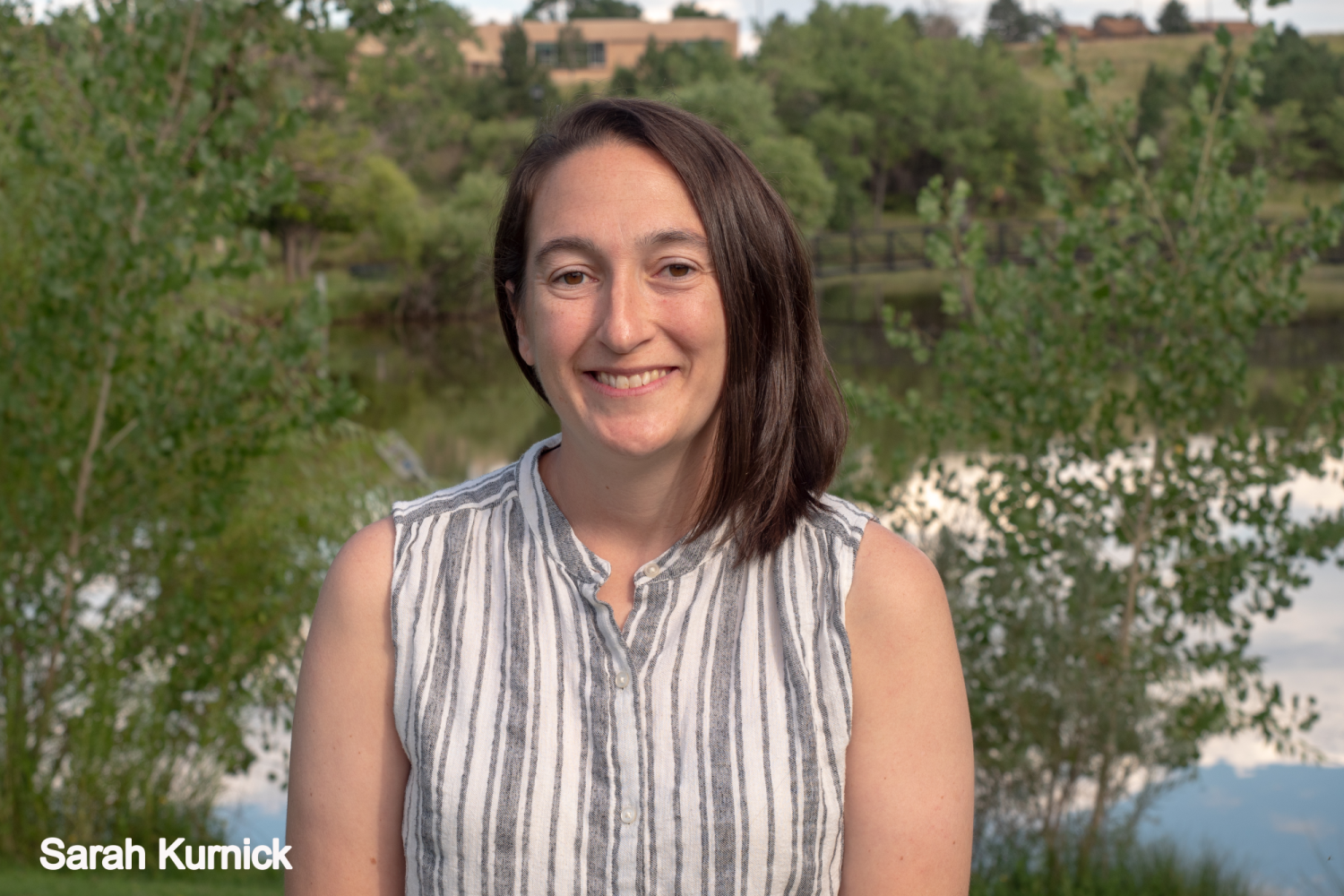Sarah Kurnick
- Associate Professor
- (PH.D.
- U OF PENNSYLVANIA
- 2013)

I am an anthropological archaeologist. I specialize in ancient Mesoamerica, and particularly the ancient Maya. My research focuses on the creation, perpetuation, and negation of institutionalized social inequality and political authority, and my primary interests include the role of the past in shaping the political present and how archaeology can foster positive social change. Since 2014, I have co-directed a community archaeology project at the site of Punta Laguna in the Yucatan Peninsula of Mexico. I have received grants from the National Science Foundation and the National Geographic Society among other organizations, and have held a Chancellor’s Postdoctoral Fellowship from the University of Colorado Boulder and a Research Fellowship from the Gerda Henkel Foundation.
Selected Publications:
- 2024. Kurnick, Sarah, David Rogoff, and Iliana Ancona Aragón A Preliminary Revised Life History of Punta Laguna, Yucatan, Mexico: A Persistent Place. Ancient Mesoamerica 35(1):278-303. https://doi:10.1017/S0956536123000093
- 2023. Kurnick, Sarah, David Rogoff, Iliana Ancona Aragón, and Nicholas Puente Variable Precipitation and Maya Persistence at Punta Laguna, Yucatan, Mexico. Mexicon 45(3): .59-65.
- 2022. Kurnick, Sarah. Photographic Insights from Engaged Archaeology: Yucatan and Beyond. Cambridge Archaeological Journal, 1-15. doi:10.1017/S0959774322000166
- 2022. Kurnick, Sarah. What Does the Past Mean to People Today? Futurum. February 2022. https://futurumcareers.com/what-does-the-past-mean-to-people-today
- 2020. Kurnick, Sarah. The Contradictions of Engaged Archaeology at Punta Laguna, Yucatan, Mexico. Heritage 3(3): 682-698.
- 2020. Kurnick, Sarah and David Rogoff. Maya Cartographies: Two Maps of Punta Laguna, Yucatan, Mexico. Journal of Social Archaeology (20)2: 119-143
- 2019. Kurnick, Sarah. Creating Nature in the Yucatan Peninsula: Social Inequality and the Production of Eco-Archaeological Parks. American Anthropologist 121(2): 376-389.
- 2019. Kurnick, Sarah. Navigating the Past in the Aftermath of Dramatic Social Transformations: Postclassic Engagement with the Classic Period Past in the Northeast Yucatan Peninsula. Journal of Anthropological Archaeology 53: 51-65.
- 2016. Kurnick, Sarah and Joanne Baron, eds. Political Strategies in Pre-Columbian Mesoamerica. Boulder: University Press of Colorado.
- 2016. Kurnick, Sarah. Paradoxical Politics: Negotiating the Contradictions of Political Authority. In Political Strategies in Pre-Columbian Mesoamerica. Sarah Kurnick and Joanne Baron, eds., Pg. 3-36. Boulder: University Press of Colorado
- 2016. Kurnick, Sarah. Competition and Conflict in the Upper Belize River Valley: Insights from the Ancient Maya Minor Center of Callar Creek, Belize. Journal of Field Archaeology 41(3): 297-311.
- 2015. Kurnick, Sarah. The Origins of Extreme Economic Inequality: An Archaeologist’s Take on a Contemporary Controversy. Archaeologies: Journal of the World Archaeological Congress 11(3): 400-416.
Graduate Studies Information
Research Focus
Sarah Kurnick’s research focuses on
- Understanding the creation, perpetuation, and negation of social inequality generally and political authority in particular
- Exploring how archaeology can benefit indigenous communities and foster positive social change
Her temporal/geographic focus is the ancient Maya world, and specifically the Postclassic Maya of the Yucatan Peninsula.
Working with Professor Kurnick
Since 2014, Professor Kurnick has co-directed the Punta Laguna Archaeology project, located in the Yucatan Peninsula of Mexico. The project has two primary goals. First, it aims to understand how political authority operates in the aftermath of major social transformations and particularly the nature of Postclassic Maya political relationships. Second, it aims to devise, test, and practice a model of community archaeology that not only engages but also provides tangible benefits to an indigenous, marginalized Maya community.
Professor Kurnick is interested in graduate students with
- strong theoretical backgrounds
- interests in community/public/action archaeologies
- solid writing skills
*Professor Kurnick is not accepting Ph.D. applicants at this time.

